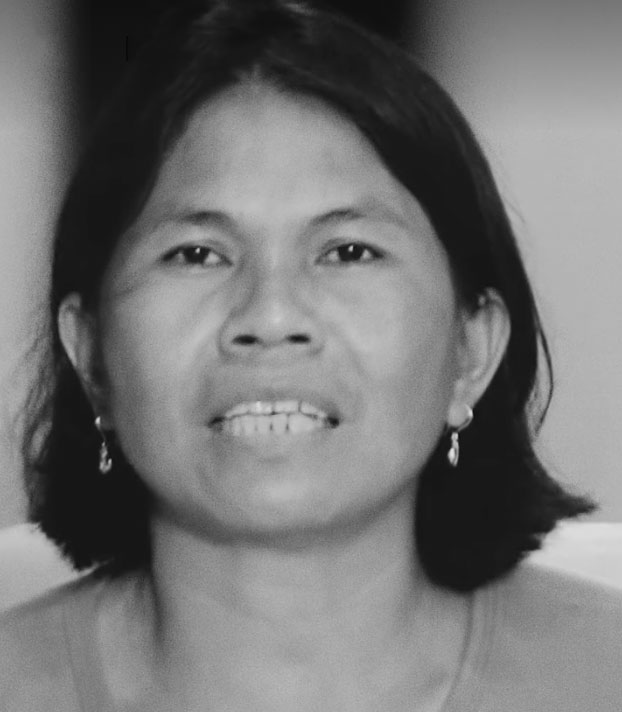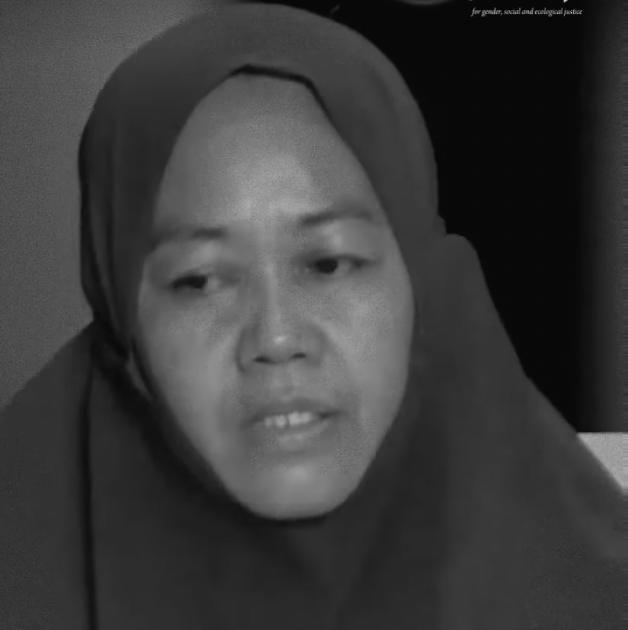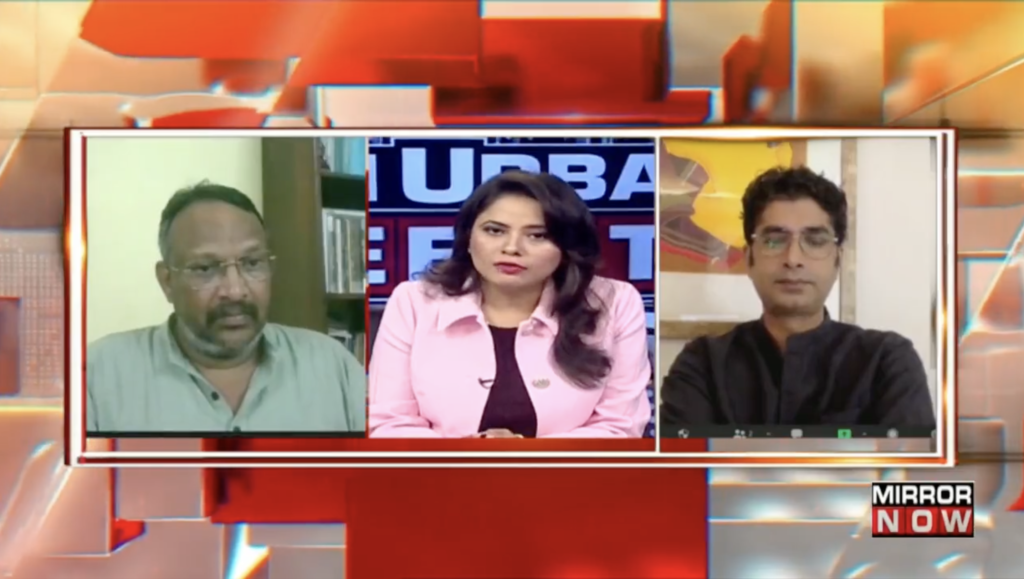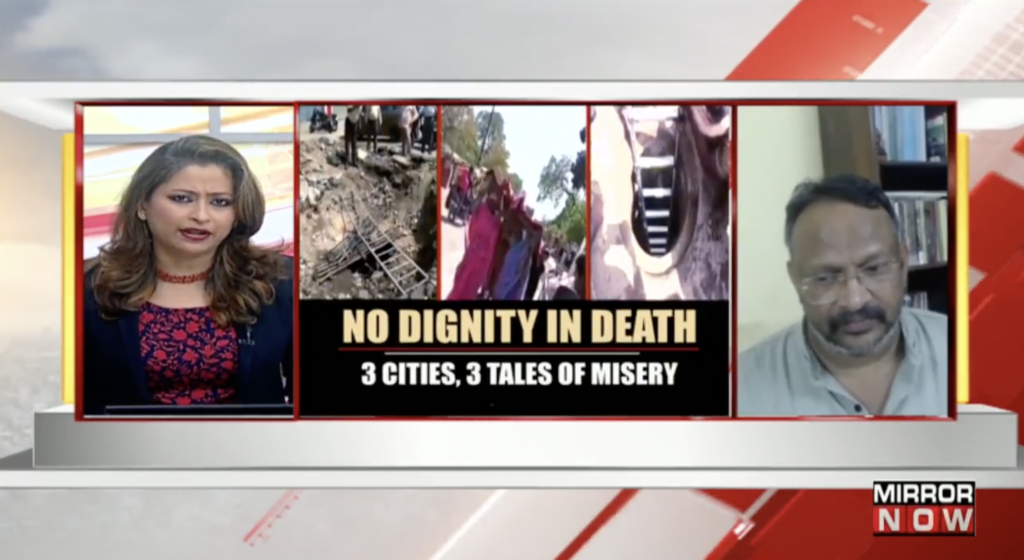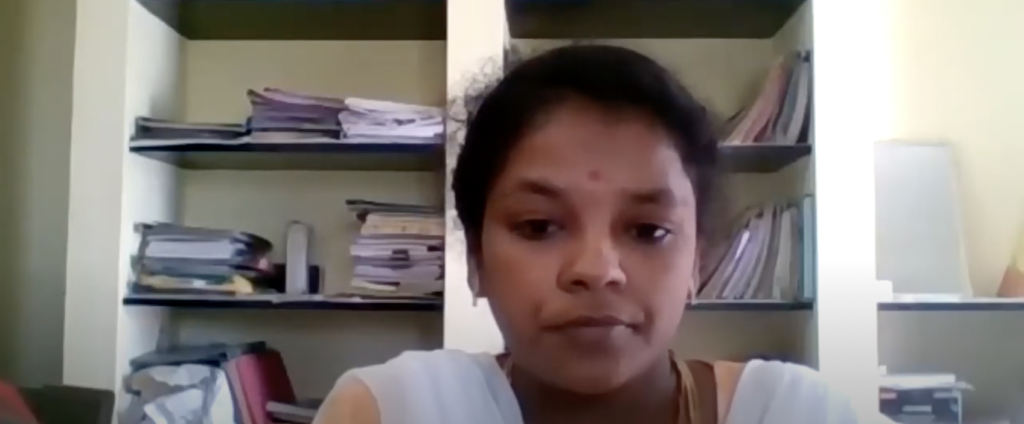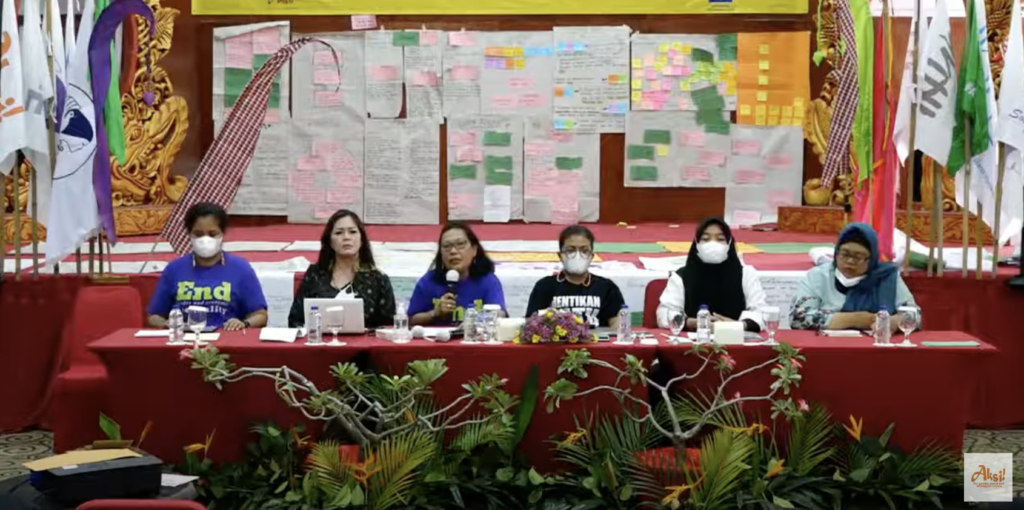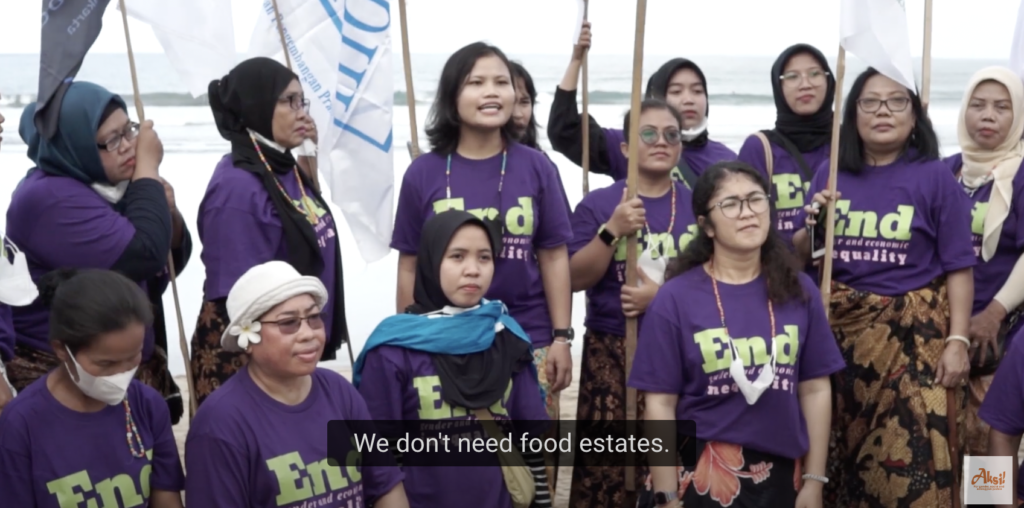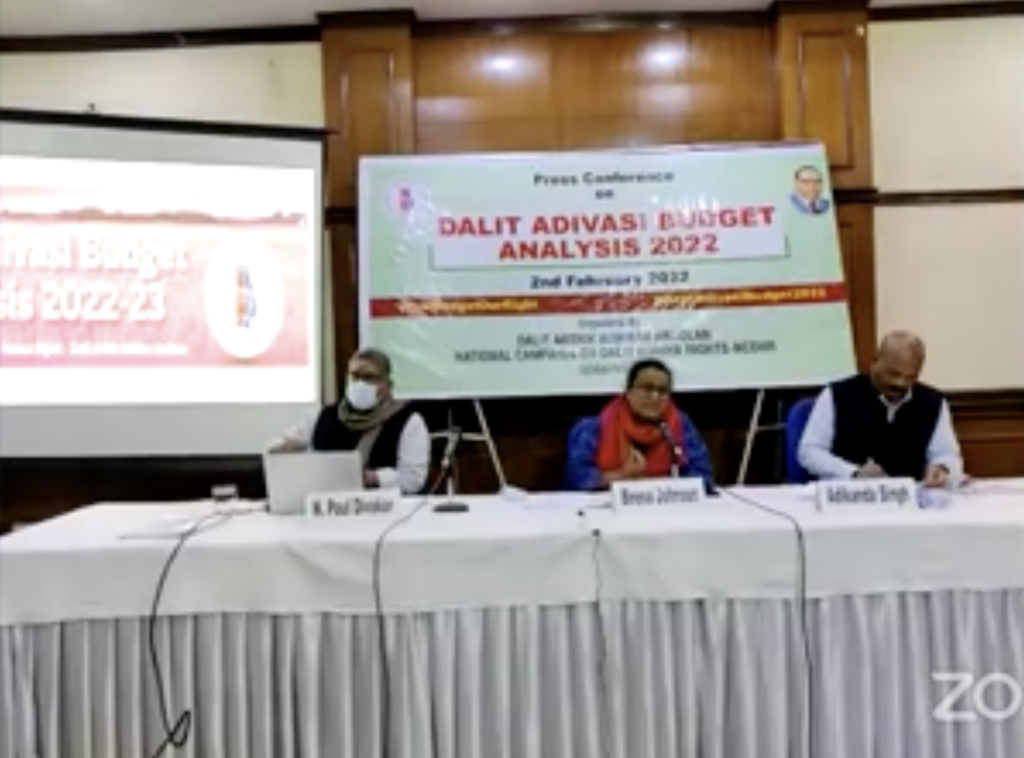Global tax rules are biased in favor of multinational corporations, rich countries, and the world’s elite. Corporate tax abuses and other illicit financial flows remain unchecked, bleeding economies dry and depriving people of health, education, and other public services. Inequalities in the global tax system worsen inequalities everywhere.
The ‘tax deal’ proposed by the OECD/G7/G20 will only benefit rich countries and will not solve the fundamental problem of imbalances in global tax rules that place developing countries at a severe disadvantage.
The fox cannot be left to guard the chickens or the chicken coop. Dereje Alemayehu, of the Global Alliance for Tax Justice, argues that “trusting the OECD to set global rules on corporate tax when OECD member countries are responsible for over two-thirds of global corporate tax abuse is like trusting a pack of wolves to build a fence around your chicken coop.”
Stop the foxes. Fight inequalities in the global tax system and fight for just, progressive and gender-responsive systems. Stop corporate tax abuses and other illicit financial flows. Tax the rich, not the poor!

